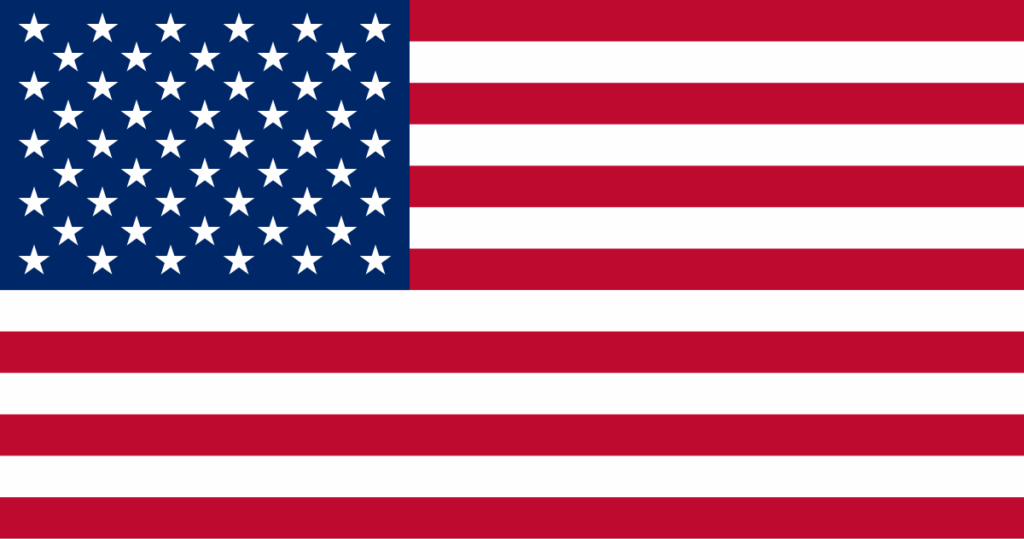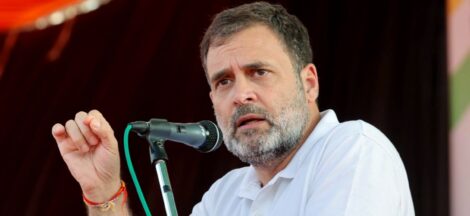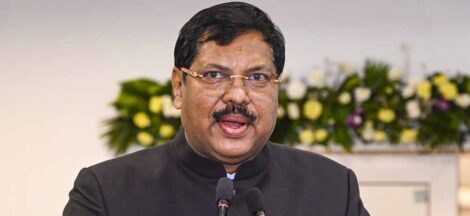Tech billionaire Elon Musk has reignited discussion of launching a third political party in the United States, raising eyebrows across the political spectrum. On 4 July, he endorsed an X post comparing the initiative to his high-risk ventures like Tesla and SpaceX, adding: “Low probability of success, but if successful, it will completely change the game”. Simultaneously, Musk launched an X poll asking followers whether it was time for “independence from the two‑party… system” via a new “America Party”. His move follows a strong public split with President Trump over the expansive “Big Beautiful Bill” funding cuts and deficit increases.
Musk, who until May served as a special government adviser heading the Department of Government Efficiency, denounced the legislation as irresponsible deficit spending. Following its passage, he aligned with critics like Senator Rand Paul, adding a “100” emoji to one of Paul’s posts on X and signalling full agreement.
Political observers note Musk’s timing could be deliberate. He indicated the America Party would focus on winning only a few strategic seats—“2 or 3 Senate seats and 8 to 10 House districts”—to leverage power in tightly contested congressional votes. With an estimated net worth north of $350 billion and political spending topping $250 million through his America PAC, funding is unlikely to be a barrier.
Yet experts caution that the real challenge lies in navigating complex state ballot-access laws. Veteran election lawyer Brett Kappel told CBS News that each state imposes its own stringent requirements, often demanding massive signature collections and protracted litigation—an endeavour that could span years and cost hundreds of millions.
Other third‑party movements have fallen short despite far less daunting obstacles. The Libertarian Party chair Steven Nekhaila urged Musk to instead funnel support into established third-party infrastructure, warning that building a new party from scratch is “a mistake”. Forward Party founder Andrew Yang also reportedly reached out to Musk, offering to merge visions rather than compete.
Trump has responded aggressively to Musk’s dissent. He has threatened to revoke federal contracts and subsidies tied to Tesla and SpaceX, labelled the bill “insane,” and even hinted at investigating Musk’s citizenship status. Meanwhile, Tesla’s US stock has dropped roughly 5 per cent amid the intensifying feud.
This schism marks a sharp reversal in relations: Musk was Trump’s single largest backer in the 2024 election, donating more than $250 million, primarily via America PAC. The former advisor’s growing disillusionment reflects broader unease among conservatives and independents disapproving of unchecked deficit expansion.
Public sentiment appears to lean towards systemic alternative: polling referenced by The Washington Post suggests 58 per cent of Americans support a third party. But political science scholars remain skeptical, citing America’s entrenched two-party system and historical third-party failures.
Musk’s proposal has already attracted interest from centrist figures, libertarians and policy analysts who see potential in his platform—but stress that the road ahead is arduous. If Musk proceeds as pledged—immediately after the passage of the bill—attention will centre on whether he plans to build an institutional party infrastructure or fund strategic primary challenges.
The debate now hinges on a simple question Musk posed to his followers: is the political landscape ready for a third option—or is it doomed by American electoral inertia?




